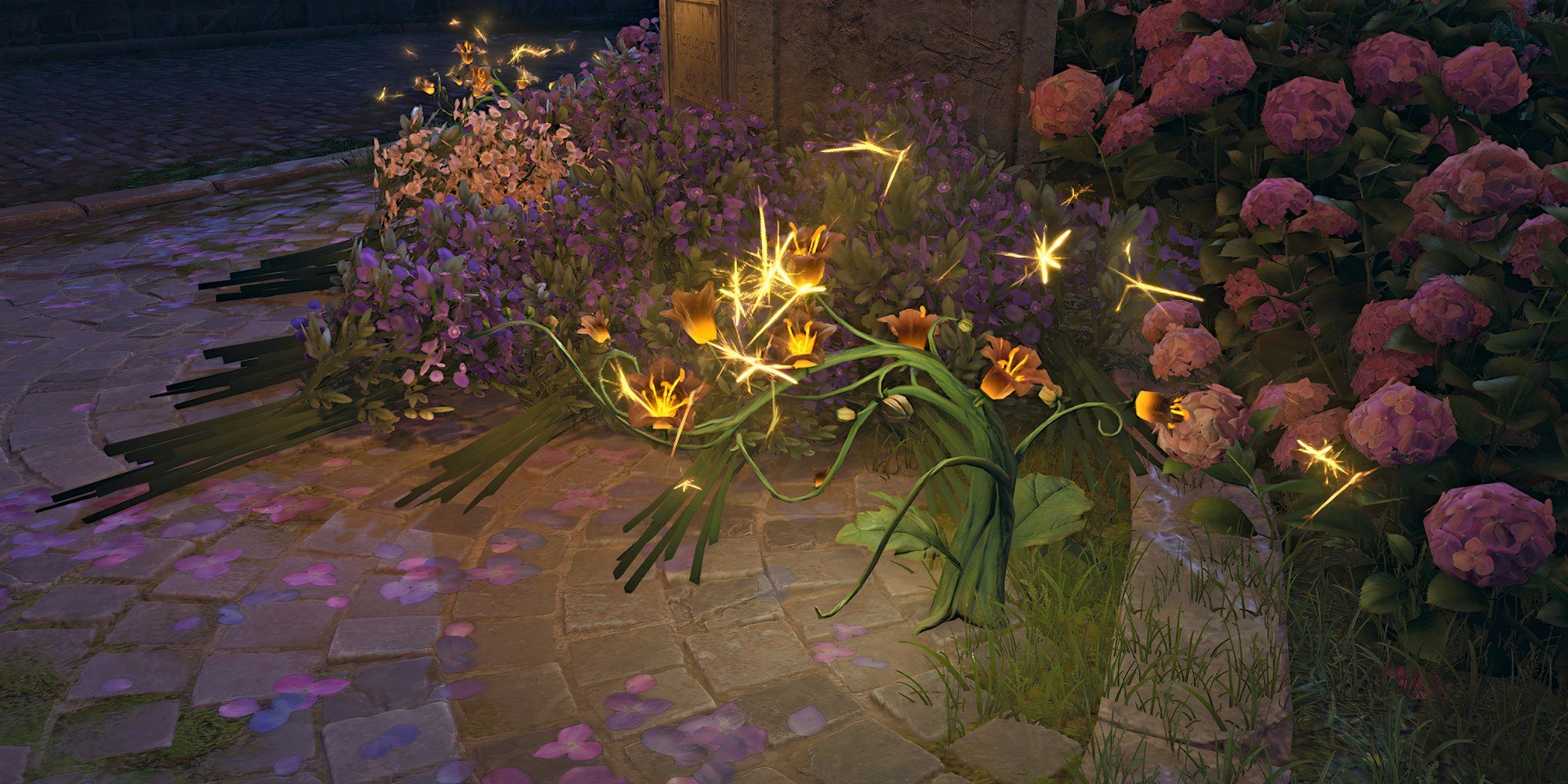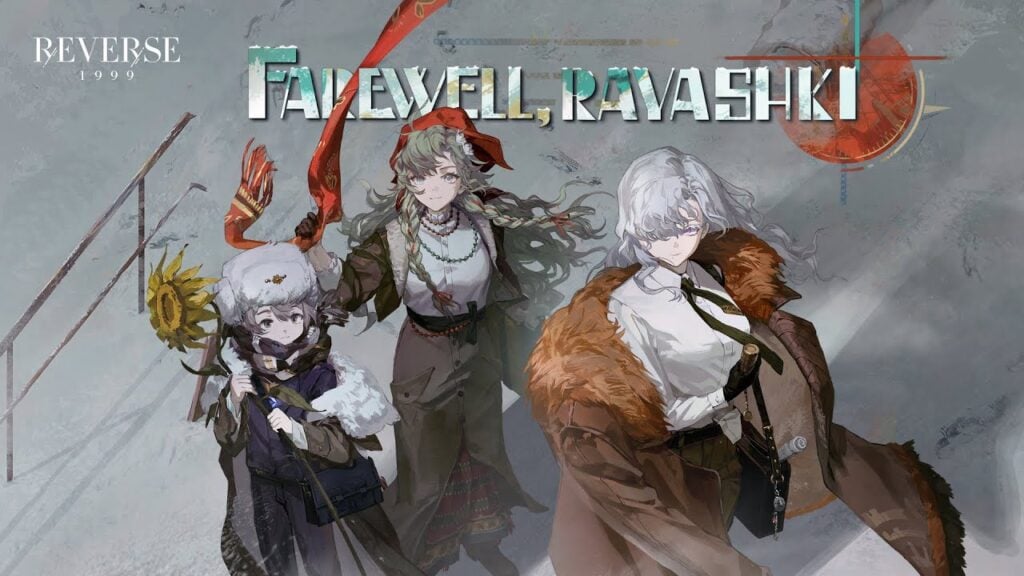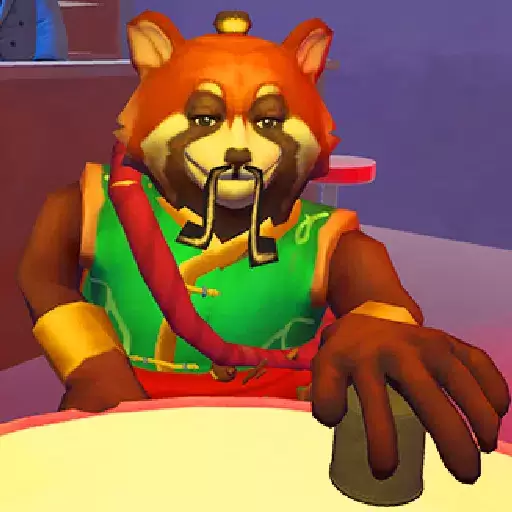In the lead-up to its global launch, Monster Hunter Wilds shattered pre-order records on both Steam and PlayStation, following in the successful footsteps of its predecessors, 2022's Monster Hunter Rise and 2018's Monster Hunter: World. This achievement underscores the immense popularity of Capcom's unique RPG series, cementing its status as one of the world's biggest video game franchises. However, the journey to global acclaim was not always smooth for the Monster Hunter series.
Less than a decade ago, the notion of Monster Hunter achieving such widespread popularity seemed unlikely. When the series debuted in 2004, it received mixed reviews, and it wasn't until its transition to the PSP with Monster Hunter Freedom Unite in 2005 that it gained significant traction, albeit primarily in Japan. For many years, Monster Hunter was emblematic of the "bigger in Japan" phenomenon, but Capcom's persistent efforts to expand its reach paid off, as evidenced by the global success of Monster Hunter: World, Rise, and now Wilds.
This transformation from a domestic hit to a global force is a testament to Capcom's strategic shift. Around the time of Street Fighter 5's launch in 2016, Capcom underwent an internal reorganization to prepare for a new generation of games powered by the RE Engine. This shift was not just about technology; it was also about a new mandate to create games that appealed to a global audience. Hideaki Itsuno, a former game director at Capcom, emphasized that this goal was to make games that were fun for everyone, not just territory-specific fans.
During the PS3 and Xbox 360 era, Capcom's attempts to cater to the Western market with games like Resident Evil 4, Umbrella Corps, and the Lost Planet series were met with mixed results. It became clear that to achieve global success, Capcom needed to focus on creating universally appealing games. Itsuno highlighted the pivotal changes in organization and engine that converged around 2017, leading to a Capcom renaissance with the launch of Resident Evil 7.
The Monster Hunter series epitomizes this shift towards global success. While it had a dedicated fanbase in the West, it was significantly more popular in Japan due to factors such as the robust handheld gaming market and advanced wireless internet infrastructure. Ryozo Tsujimoto, the series' executive producer, noted that Japan's strong network environment facilitated cooperative play, which is central to Monster Hunter. The move to handheld systems like the PSP helped expand the player base that engaged in multiplayer.
However, this focus on the Japanese market inadvertently reinforced Monster Hunter as a "Japan-only" brand, leaving Western fans on the sidelines. As internet infrastructure improved globally and online play became standard, Tsujimoto saw an opportunity to launch a more globally accessible Monster Hunter game. Monster Hunter: World, released in 2018 across PlayStation 4, Xbox One, and PC, marked a significant shift. It was designed to appeal to a worldwide audience, with simultaneous global releases and no region-specific content.
To ensure Monster Hunter: World resonated globally, Capcom conducted extensive focus and user tests worldwide. Feedback from these tests led to changes like displaying damage numbers when players hit monsters, enhancing the game's appeal without altering its core. This approach paid off, with Monster Hunter: World and Rise each selling over 20 million copies, far surpassing the series' previous sales figures.
The success of Monster Hunter is not just about adapting to Western tastes but about opening the series' unique gameplay to a broader audience. Tsujimoto explained that the essence of Monster Hunter as an action game remains, but the challenge is to guide new players to mastery without sacrificing the game's spirit. This philosophy continues with Monster Hunter Wilds, which saw an unprecedented 738,000 concurrent players on Steam within 35 minutes of its release, doubling Monster Hunter: World's all-time high.
With glowing reviews and the promise of more content, Monster Hunter Wilds is poised to continue the series' mission of global domination. Capcom's strategic focus on creating universally appealing games has transformed Monster Hunter from a niche Japanese hit into a worldwide phenomenon.
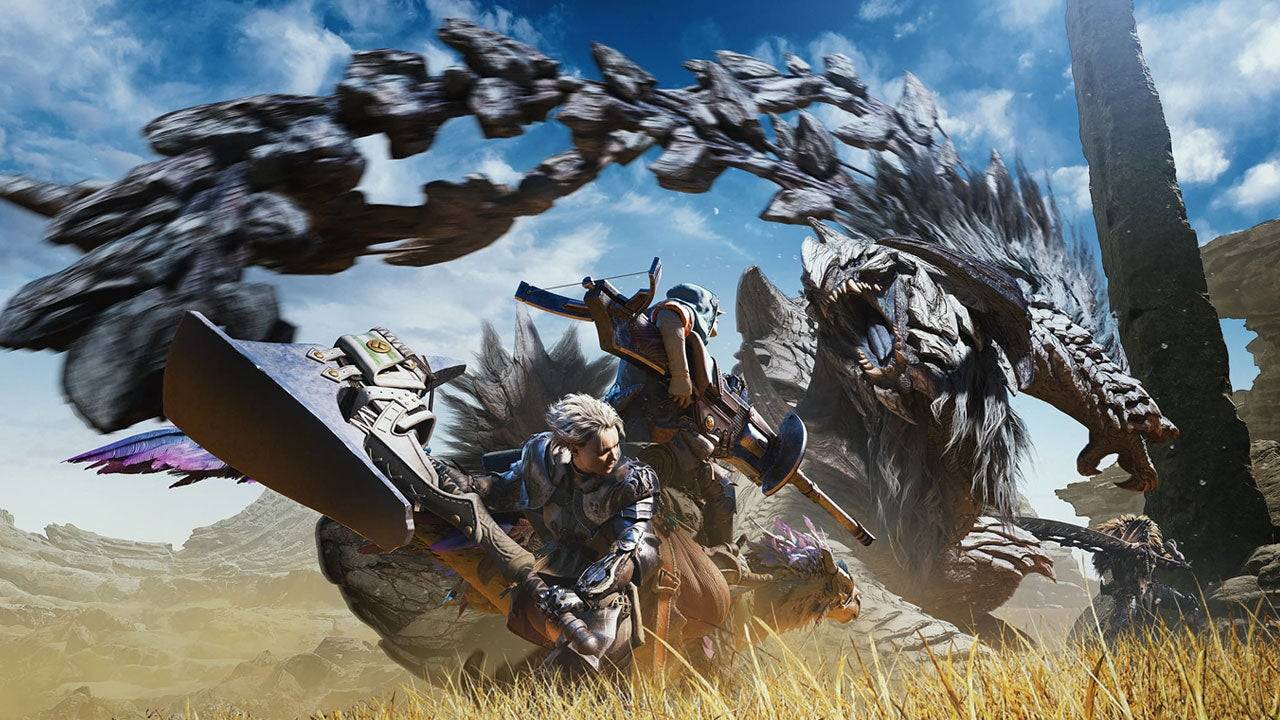
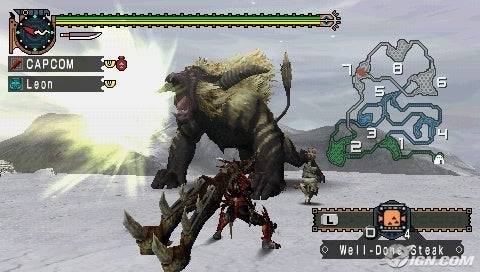
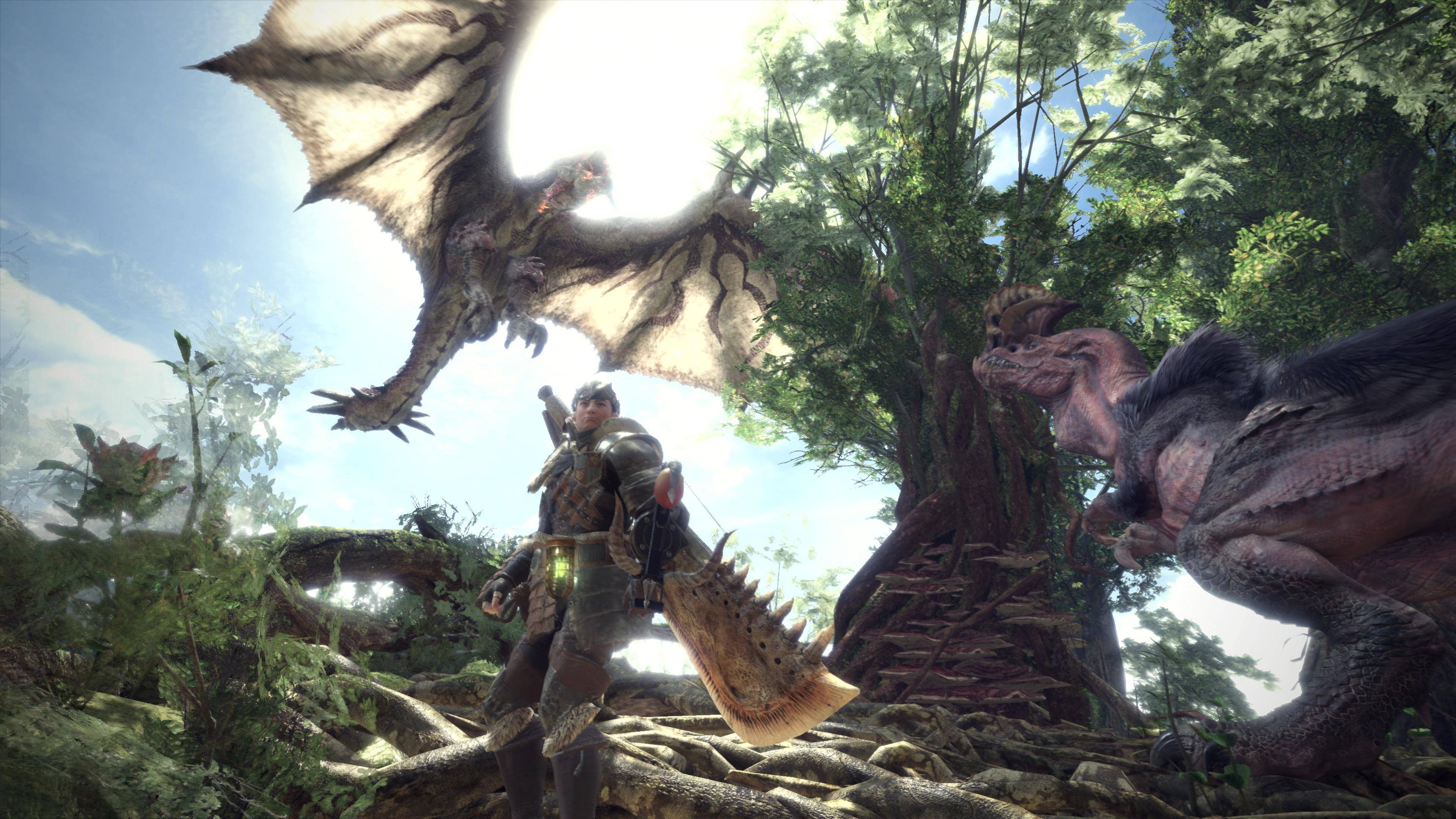

 Latest Downloads
Latest Downloads
 Downlaod
Downlaod




 Top News
Top News

